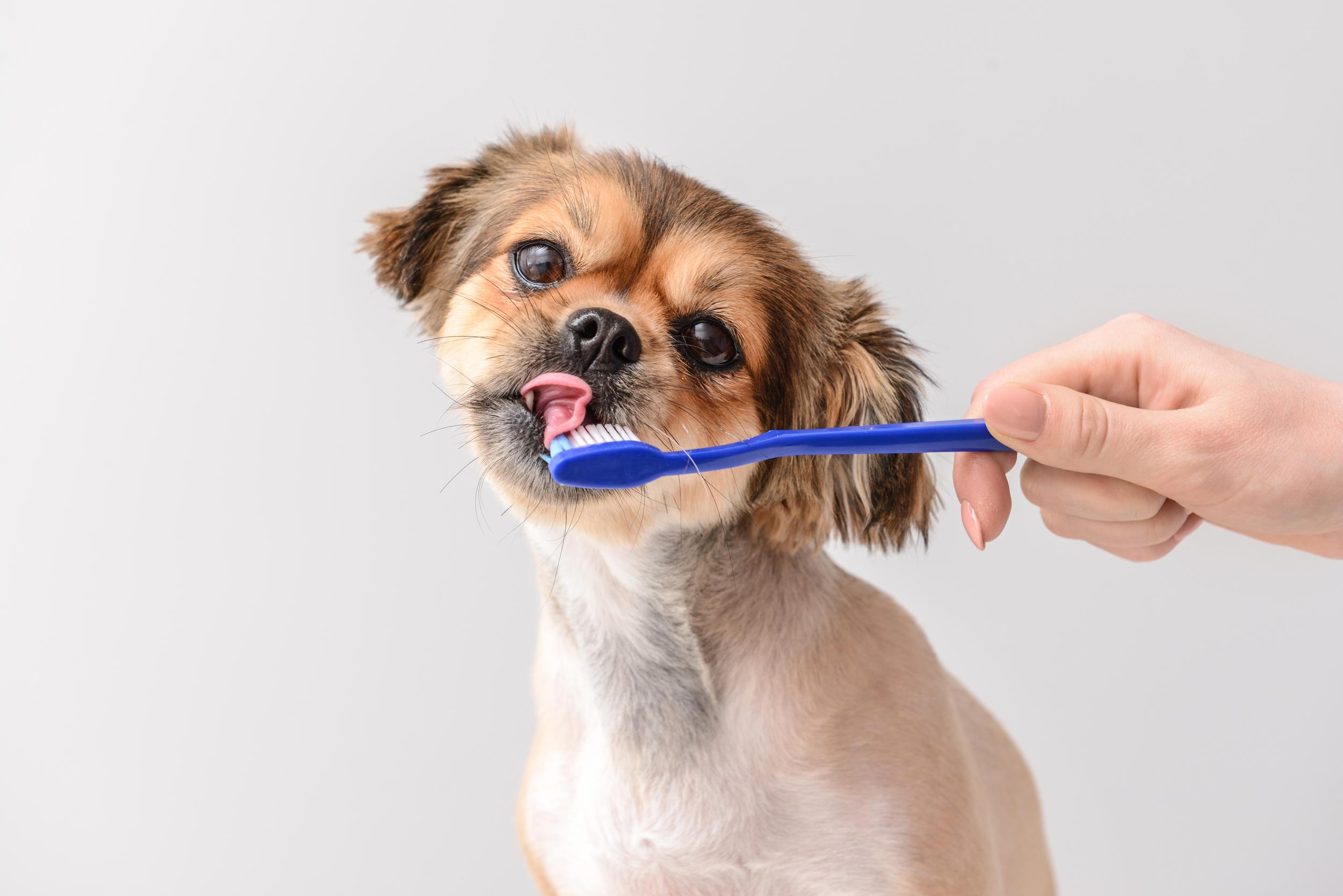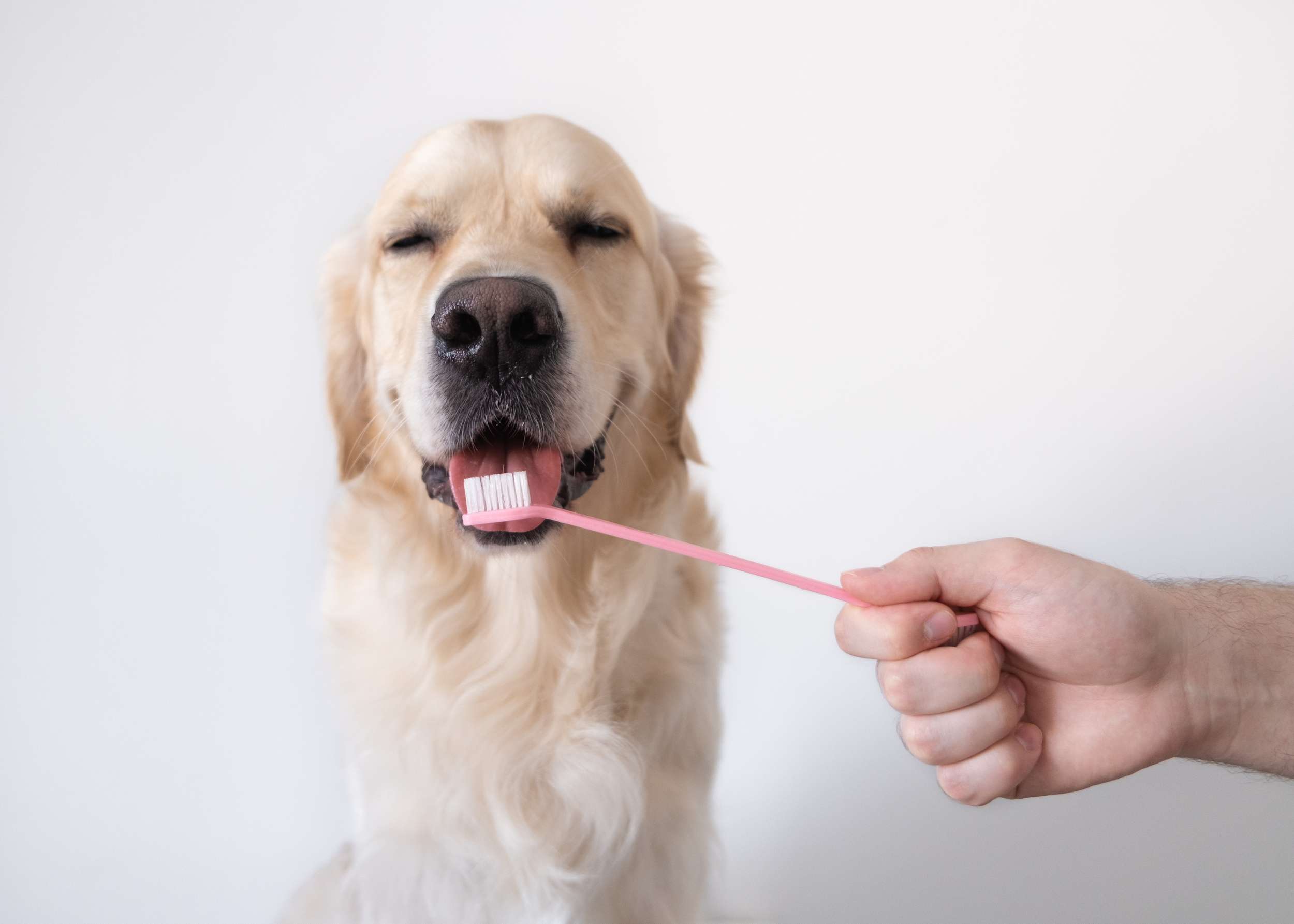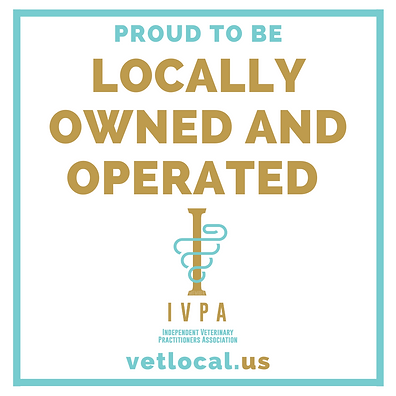|
Maintaining optimal dental health is crucial for your dog’s and cat’s overall well-being. At Priest Lake Veterinary Hospital in Nashville, Tennessee, our team emphasizes the importance of comprehensive dental care for pets.
Understanding Pet Dental Health
Dental disease is a prevalent issue in both dogs and cats, often leading to discomfort and more severe health problems if left untreated. Regular dental check-ups are essential to prevent issues such as periodontal disease, tooth decay, and infections.

Our Comprehensive Dental Services
Our veterinary team offers a range of dental services tailored to your pet’s needs:
- Oral Examinations: Thorough assessments to detect signs of dental disease.
- Professional Cleanings: Utilizing advanced equipment to remove plaque and tartar buildup.
- Dental Radiographs (X-Rays): To evaluate the health of teeth below the gumline.
- Extractions: When necessary, to remove damaged or diseased teeth.

Recognizing Signs of Dental Problems
Early detection of dental issues can prevent more serious health complications. Watch for the following signs in your pet:
- Bad Breath: Persistent odor from the mouth.
- Difficulty Eating: Reluctance to chew or dropping food.
- Excessive Drooling: Unusual drooling may indicate oral issues.
- Swollen or Bleeding Gums: Inflammation or bleeding during feeding or chewing.
Preventive Care at Home
In addition to professional dental services, maintaining your pet’s oral health at home is vital:
- Regular Brushing: Use pet-specific toothbrushes and toothpaste to clean your pet’s teeth daily.
- Dental Treats and Chews: Provide products designed to reduce plaque and promote healthy gums.
- Balanced Diet: Ensure your pet’s diet supports dental health.
Schedule Your Pet’s Dental Appointment
Prioritizing your pet’s dental health can enhance their quality of life and prevent serious health issues. Contact Priest Lake Veterinary Hospital today to schedule a comprehensive dental examination and cleaning for your dog or cat.
Regular dental care is a vital component of your pet’s overall health. Our experienced veterinary team is dedicated to providing top-notch dental services to keep your furry companions healthy and happy.
|
.webp)







